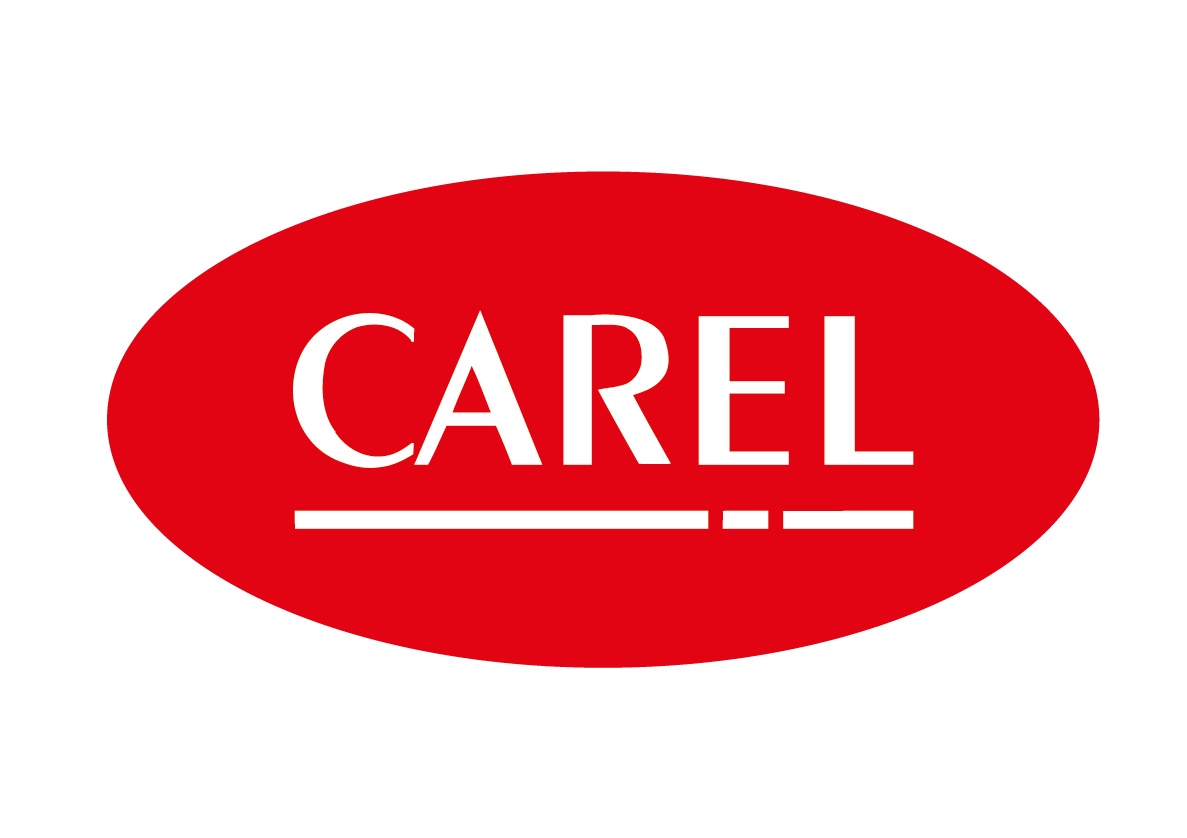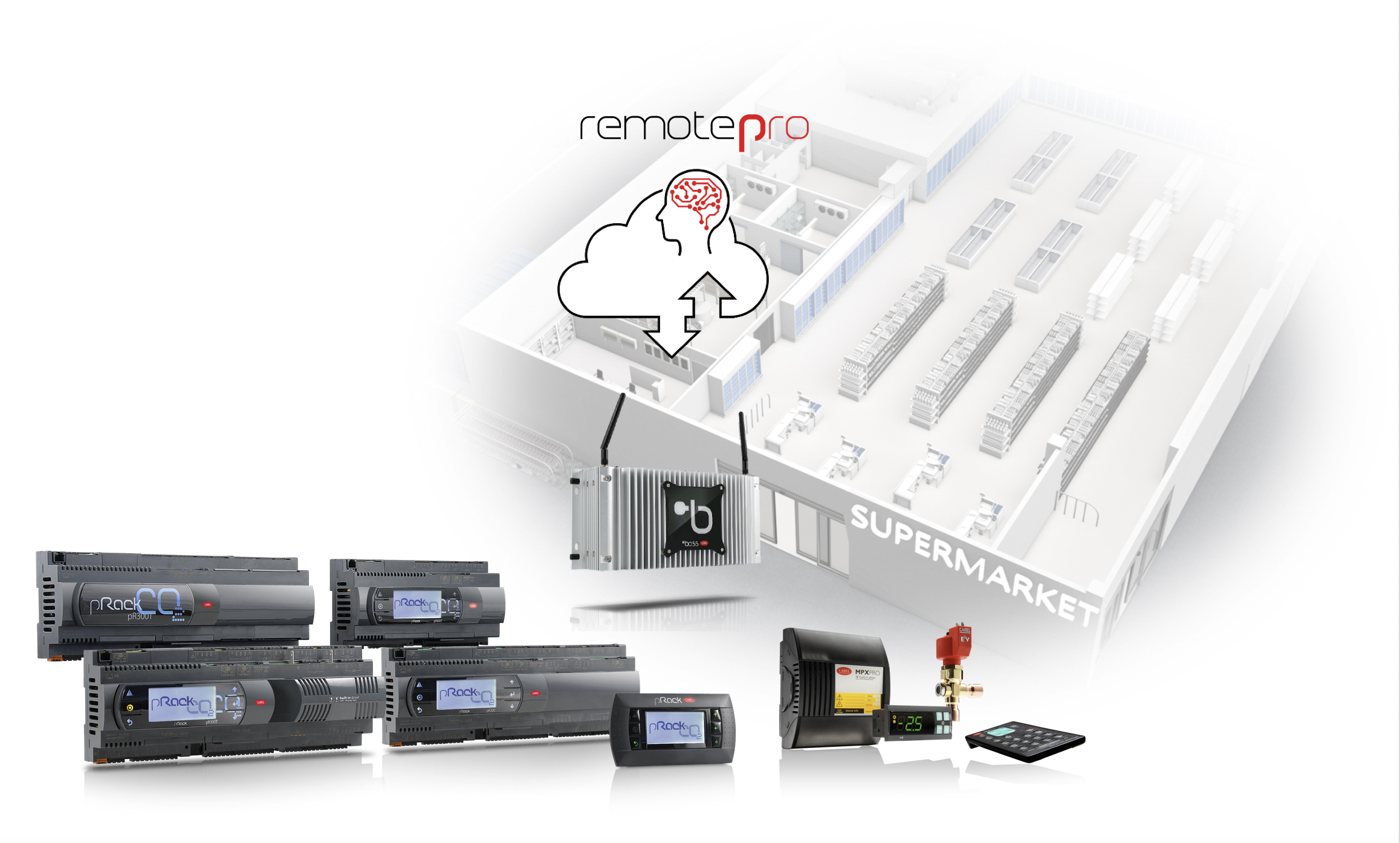Commercial Refrigeration
Sustainable
cooling solutions :
Polish supermarket chain saves over 20% energy and moves to low GWP refrigerants

The HFC phase-down according to the EU F-Gas Regulation aims to reduce the consumption of HFCs by limiting the quantity of CO2-equivalents that can be placed on the European market. The higher the global warming potential (GWP) of a refrigerant, the more it will be impacted by the HFC phase-down since CO2 equivalents are calculated by multiplying the GWP of the refrigerant with its metric quantity. In addition to the phase-down, the use of refrigerants with a GWP above 2500 has been forbidden since 2020 in new stationary refrigeration equipment. For supermarkets, it is therefore important to switch to alternatives with a lower GWP while ensuring energy efficiency as refrigeration accounts for more than half of the energy consumed by supermarkets.
- Polish supermarket chain switches from HFCs (typ.
R-404A) to R-744 (CO2), for remote cabinets and cold rooms, and to R-290 for plug-ins, all of them remotely controlled to supervise both energy consumption and duty. - Medium Temperature (MT) remote cabinets (typ. 10-12 units/store), MT cold rooms (typ. 1 per store), Low Temperature (LT) cold rooms (typ. 1 per store): R-744 compact booster pack with DC rotary compressors controlled by CAREL pRack 300T. MT compressors (3 pcs./store) generate 25-27 kW of cooling, whereas the LT compressor provides 3-4 kW of cooling
- Plug-in MT coolers (typ. 10-11 units/store) and LT freezers (typ. 10 units/store): R-290
- Supervisory system: CAREL Boss, MPX Pro to measure the energy consumption of oven, AC system, lights and refrigeration
Click here for more information

- DC rotary compressors for MT and LT remote cabinets can achieve estimated energy savings of approx. 23% compared to an equivalent layout with reciprocating compressors
- This corresponds to an annual energy cost reduction of approx. 5760 €/yr, according to the local cost of the electric energy
- In 2018, replacing R-404A with R-744 and R-290 in various stores has reduced the amount of installed CO2-eq. by approx. 54000 t CO2-eq.
Click here to download the case study
